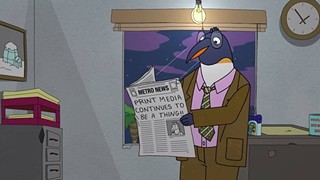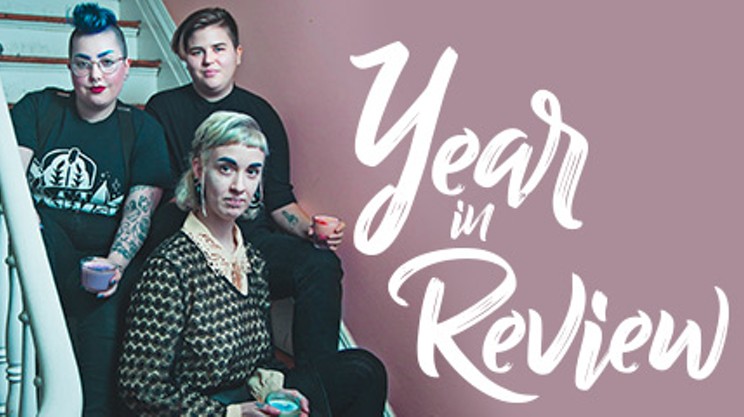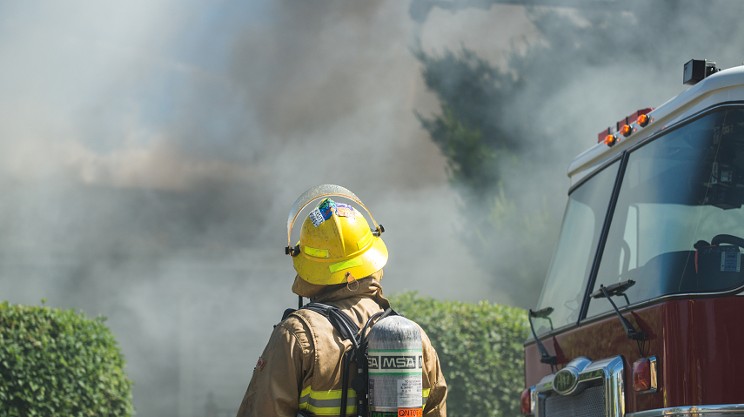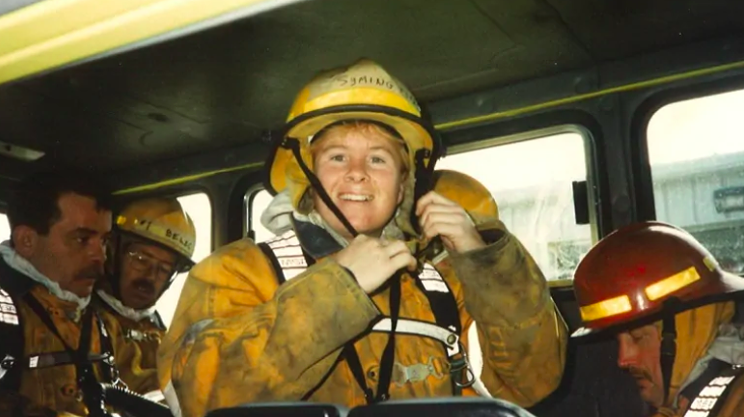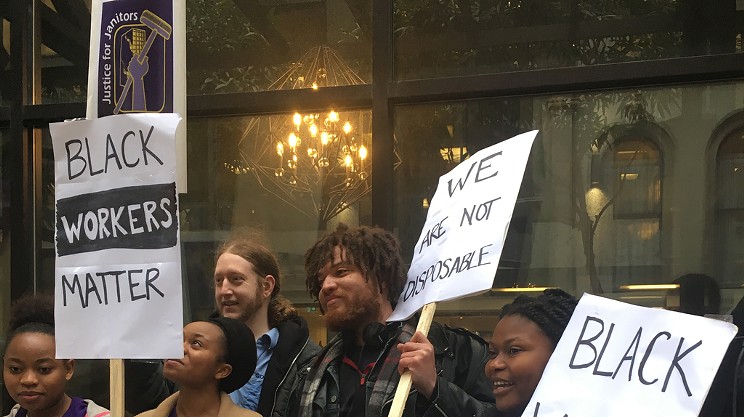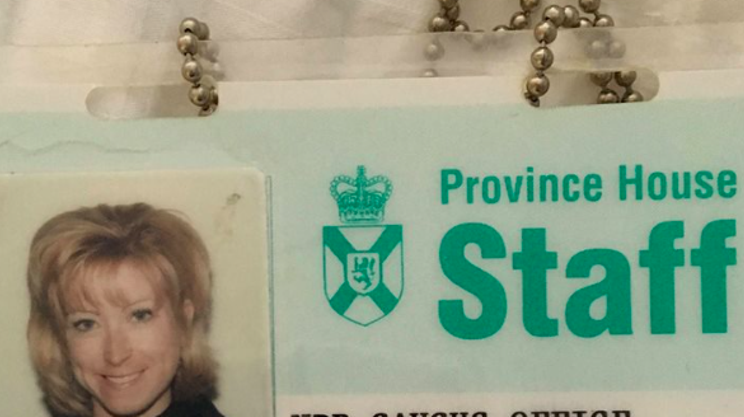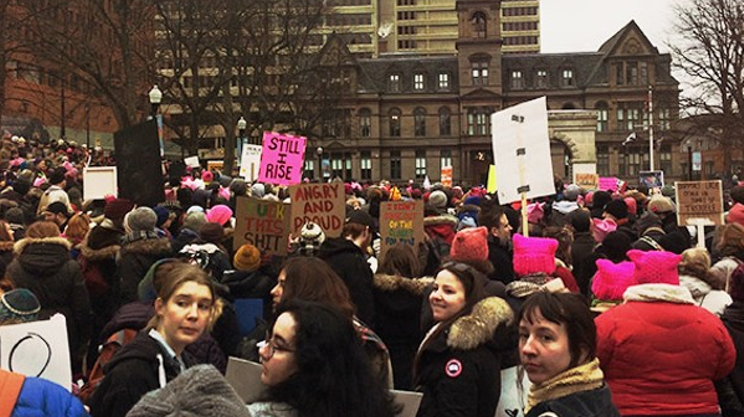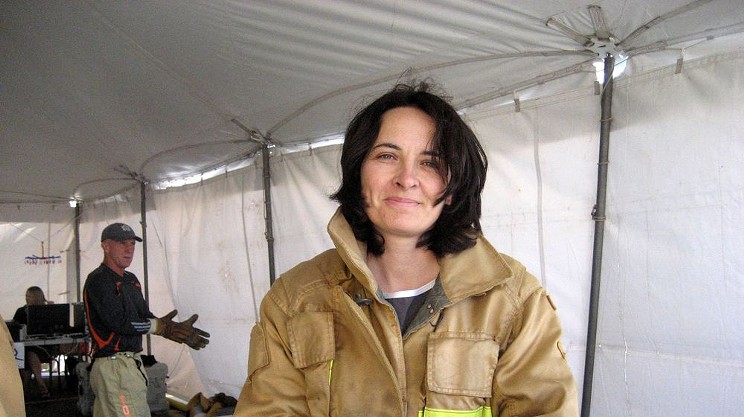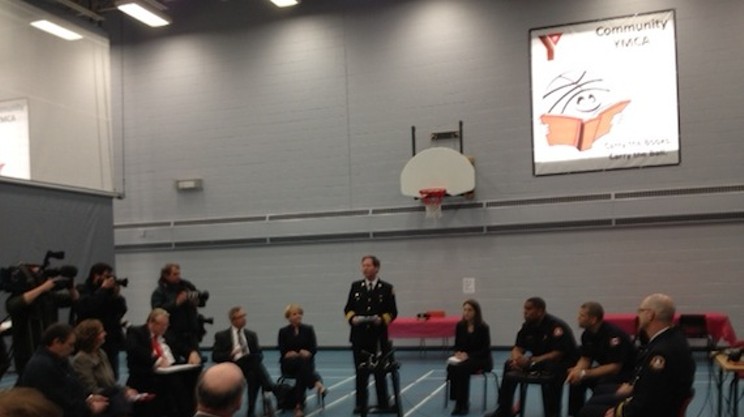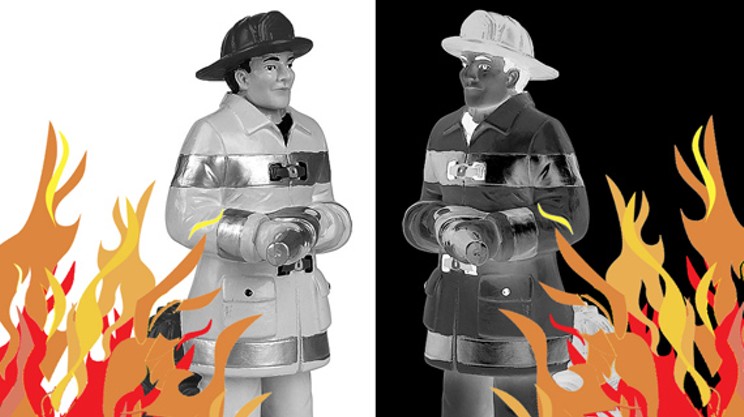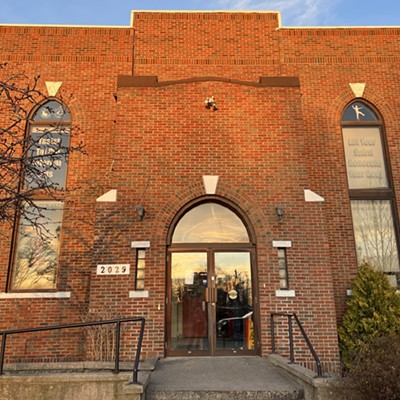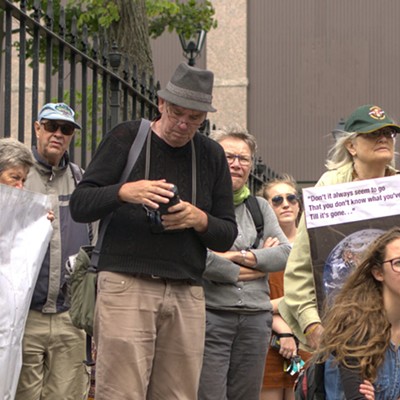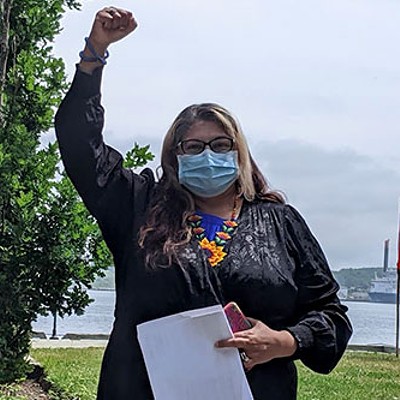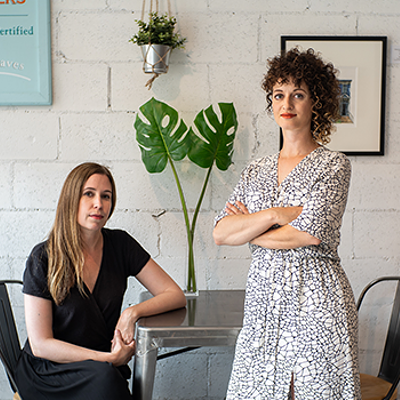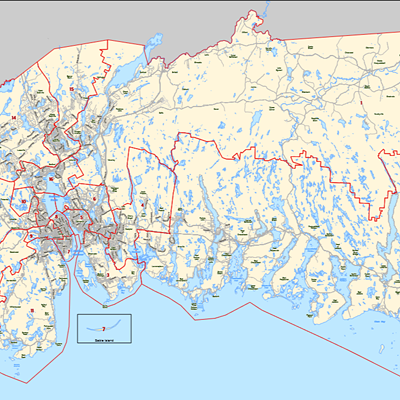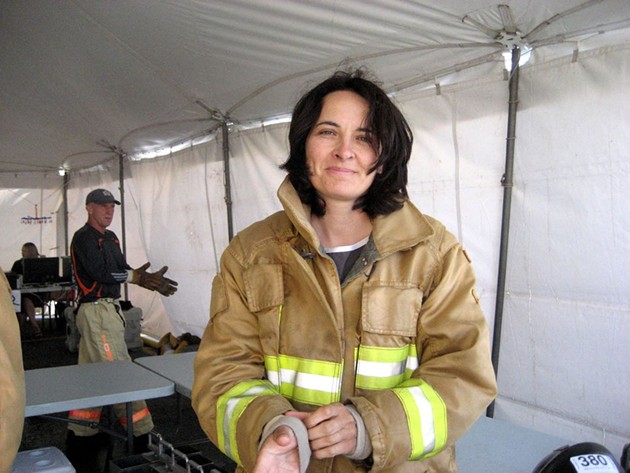
Tessier is a former firefighter who fought for 12 years to receive a settlement for her human rights complaint. She has recounted the instances of bullying and gender-based harassment she experienced while working at a station in Herring Cove, which included co-workers tampering with her belongings. Tessier finally received that settlement in December, along with a public apology, but none of the men who harassed her were disciplined. Now, she's still fighting for equity in the workplace for others.
"I would have loved to have somebody like me to talk to back then," says Tessier, who has teamed up with Judy Haiven to launch the group.
Haiven is a retired Saint Mary's University professor, who taught industrial relations—"exactly what this case is all about." She followed Tessier's case as well as the case of the Halifax Association of Black Firefighters from 2009-2013. Equity Watch is going to be a "mutual help group," explains Haiven. "We feel that it's very important not just to provide a safe space, but we're also providing a forum for us to be able to work as a group in order to show injustice in difference workplaces."
This is the kind of comfort Tessier didn't have. "It felt like nobody believed me," she recalls.
At the time, Tessier reached out to everyone from women's groups to media outlets. "I even made pitches to celebrities like Oprah," she says, laughing. Oddly enough, Oprah's team was one of the few who seemed willing to help her. That didn't work out, though, as Tessier had already brought her complaint to the Nova Scotia Human Rights Commission by the time they got back to her.
"It's a very lonely fight and I had really no support throughout the whole 12 years," she says. Even other women seemed to be afraid to bolster her. "It was one of the hardest things to realize—there just wasn't support out there for me in terms of women coming aboard to help me."
However, Tessier watched things shift as the years went by, especially when women started to speak out about harassment in the military. She believes the reaction to her case would be different if she were in the same situation now. "I really saw how 2005 to 2017—an amazing transformation was going on," she says. "I just knew deep down that at one point, our culture would have to change. So I just hung on at the tip of my fingernails on the cliff."
Equity Watch is not only aiming to hold employers accountable, but to hold the Commission to a higher standard as well.
"We've seen the Human Rights Commission go from a place where people who've felt they've been transgressed in some way [can go], to a place where you have to bring a lawyer," says Haiven.
Equity Watch is holding its first meeting Thursday evening, January 25. Members of the media are asked not to attend in order to respect the privacy and safety of those wishing to discuss experiences of discrimination. Those interested in more information may contact Judy Haiven at [email protected].

